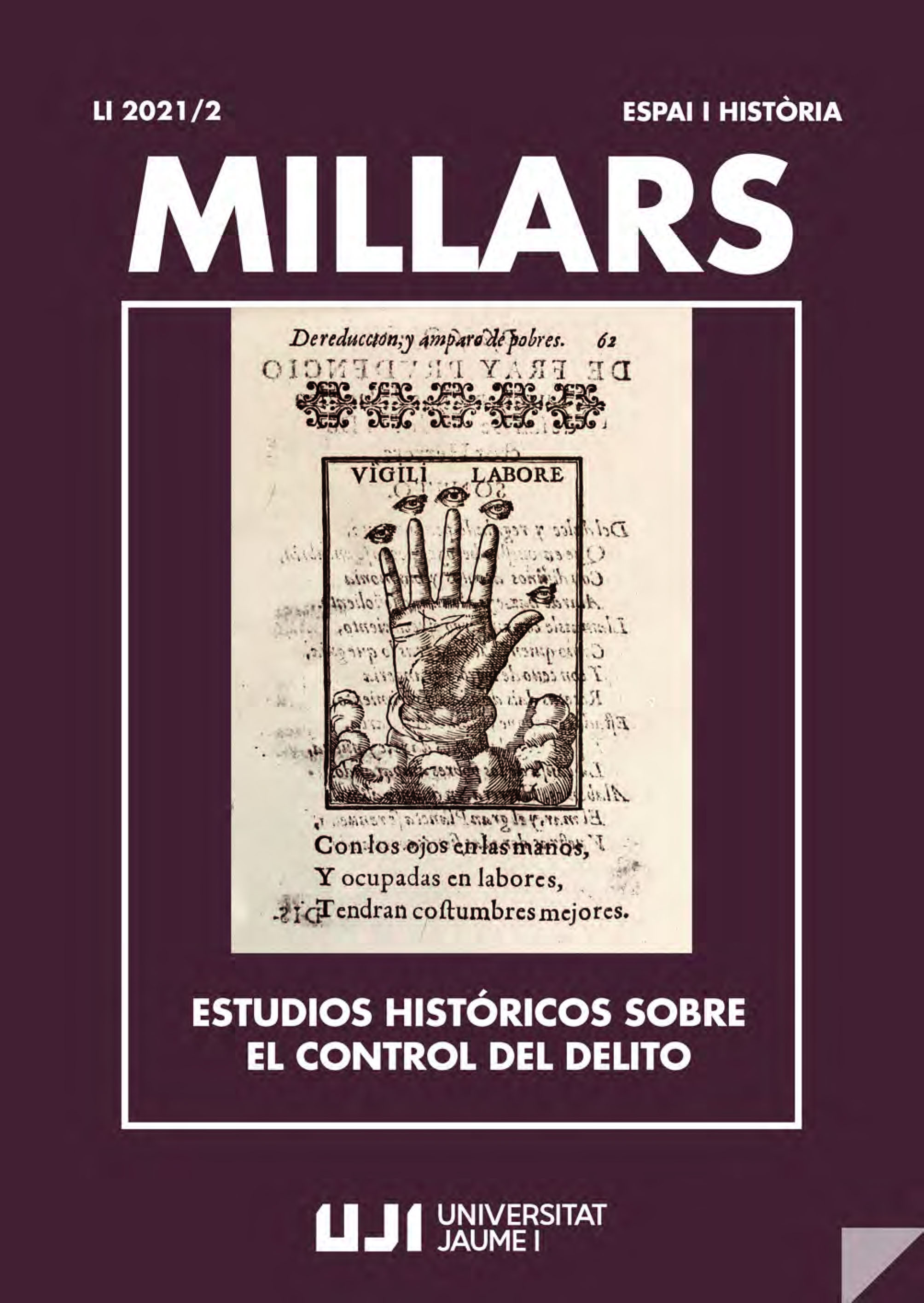Acciones comunitarias y cultura plebeya en la España rural del Antiguo Régimen
Contenido principal del artículo
Resumen
Este artículo analiza protestas plebeyas, sus formas de expresión, impactos, consecuencias y tendencias en una perspectiva histórica de larga duración. Con frecuencia, constituían formas reactivas de acciones contra usurpaciones que habían sido previamente protagonizadas por poderosos locales y facciones sociales que no respetaban usos comunitarios consuetudinariamente legi- timados, así como derechos de disfrute de recursos naturales. En ocasiones las usurpaciones estuvieron amparadas por privilegios regios concedidos a empresarios para aprovechar estos recursos en beneficio propio y de la Corona. Las reacciones contra estas prácticas (tenidas por ilícitas) conformaban variadas formas de participación política plebeya en las controversias sobre cómo utilizar las reservas y recursos. Estos conflictos expresaban valores éticos comunitarios que dotaban de legitimidad a tumultos o alborotos, incendios fo- restales o variantes de insubordinación o furtivismo. Así, una cultura plebeya, vigorosa en las sociedades rurales del Antiguo Régimen, articulaba formas de disciplina social ejercidas desde abajo.


